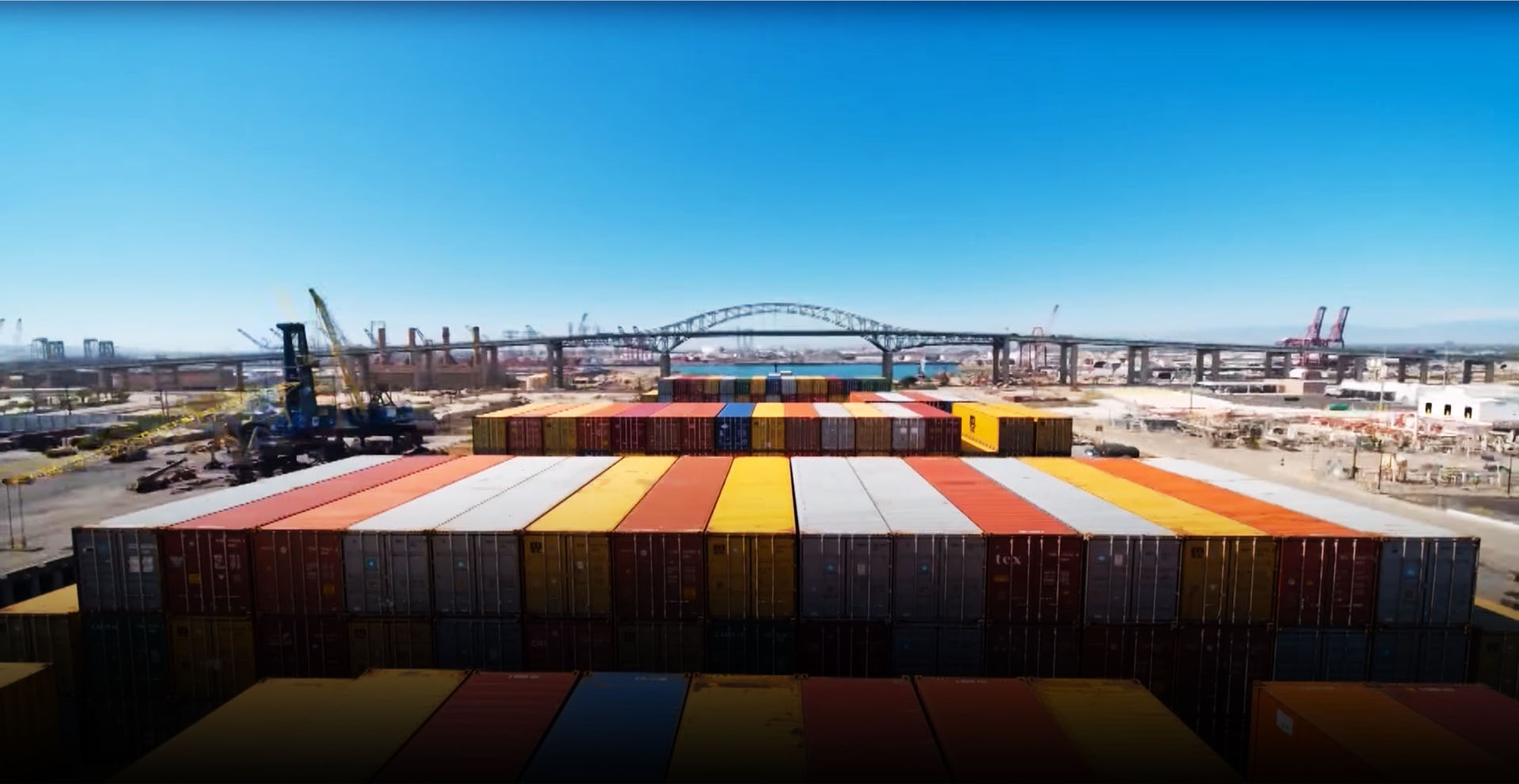Research Projects
Stop the VideoResearch Projects


Evaluating Mixed Electric Vehicle and Conventional Fueled Vehicle Fleets for Last-mile Package Delivery
Project Summary
Project number: PSR-21-35Funding source: Caltrans
Contract number: 65A0674
Funding amount: $75,486
Performance period: 1/1/2022 to 12/31/2022
Project description
The goal of this research project is to develop a modeling and analysis approach to determine the optimal mix of electric vehicles (EVs) and conventional fueled vehicles (CFVs) fora last-mile package delivery fleet. However, rather than measuring optimality of the EV and CFV mix in terms of profit or total cost, our proposed modeling and analysis approach will maximize social welfare, where social welfare considers vehicle miles traveled (VMT), emissions of harmful local pollutants, greenhouse gas emissions, fleet costs, and service quality. This research is motivated by (i) technological advancements related to EVs and EV battery technology, (ii)the state of California's strong interest in decarbonizing the transportation sector, (iii) the inequitable impacts of harmful local pollutants from freight vehicles on low-income and ethno-racial minority communities in California, and (iv) the substantial growth in ecommerce and package delivery over the past 15 years, and particularly the past 12 months. The modeling and analysis framework developed in this research project will allow policymakers, regulators, and package delivery companies to assess the trade-offs associated with replacing light- and medium duty CFVs with EVs. Clearly, EVs provide substantial societal benefits in terms of eliminating tailpipe emissions and reducing greenhouse gas emission per mile compared to CFVs. However, because the driving range of EVs are considerably shorter than CFVs, an EV cannot serve as many package locations as a CFV over the course of a day. This means that to serve the same demand a package delivery fleet will need more EVs than an all CFV fleet and those EVs will have to travel longer distances (due to the need to return to the depot or visit a recharging station) than an all CFV fleet. Hence, given the flexibility a mixed CFV and EV fleet would provide package delivery companies, we hypothesize that even when optimizing for social welfare, the optimal vehicle fleet will be a mix of EVs and CFVs. The research will also analyze the impact of EV battery technology improvements on the optimal fleet mix. We believe this research project will provide considerable value to policymakers, regulators, logistics providers, and other researchers.
P.I. NAME & ADDRESS
Michael HylandAssistant Professor of Civil and Environmental Engineering
The Henry Samueli School of Engineering
Institute of Transportation StudiesIrvine, CA 92697-3600
United States
[email protected]















